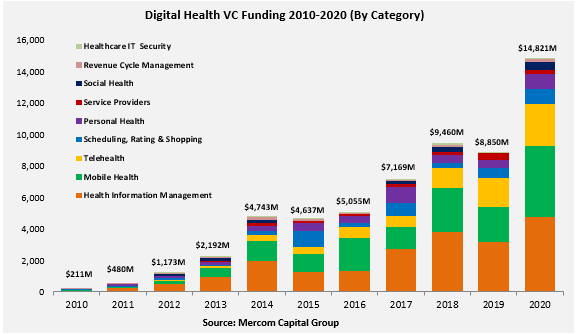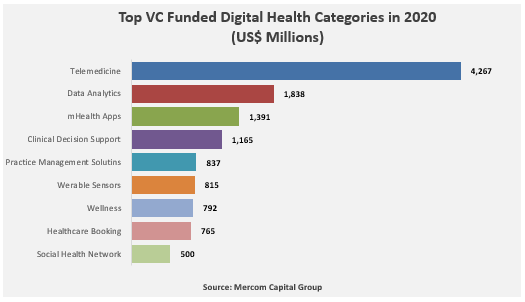This 30 minute podcast interviews four tech entrepreneurs in the StartUp Health Health Transformers accelerator/funding ‘moonshot’ program. Their focus is on technologies designed to improve brain health and address issues around cognitive impairment and disease.
- Amir Bozorgzadeh, CEO & Co-founder of Virtuleap, a Lisbon-based company that uses VR and gamification in the Enhance VR brain training app for a daily cognitive workout of short, intense, and fun games
- Kate Rosenbluth, PhD, Chief Science Officer & Founder at Cala Health, Cala Trio is a wrist-worn stimulator that reduces hand tremor for people with essential tremor (ET). Up until this therapeutic device, the only option for ET was a stimulator inserted in a key portion of the brain.
- Maor Cohen, CEO & Co-founder of n*gram health, uses immersive digital experiences and augmented reality delivered via smartphone and tablet for assessment, evaluation, and improvement in older adults with cognitive impairment.
- Mark Cavicchia, RC21X co-founder. RC21X has developed two brain and human performance assessment tools, Roberto and RC21X. These provide brain performance trend data that can be used in healthcare, for monitoring treatment and recovery plan effectiveness, as well as industrial safety.
All these businesses are well along in proven technology and funding, a trend we’ve been finding with accelerators that once specialized in startups barely out of seed and still proving their models. Cala Health, for example, we noted in 2016 with its $18 million raise, but has been around since 2013. RC21X, once Home Base, also has been around since 2013.
The podcast is hosted by India Edwards and Logan Plaster. Mr. Plaster, StartUpHealth’s media director, and this Editor worked together on an article about the late Viterion Digital Health in his previous venture with Telemedicine Magazine.









Most Recent Comments